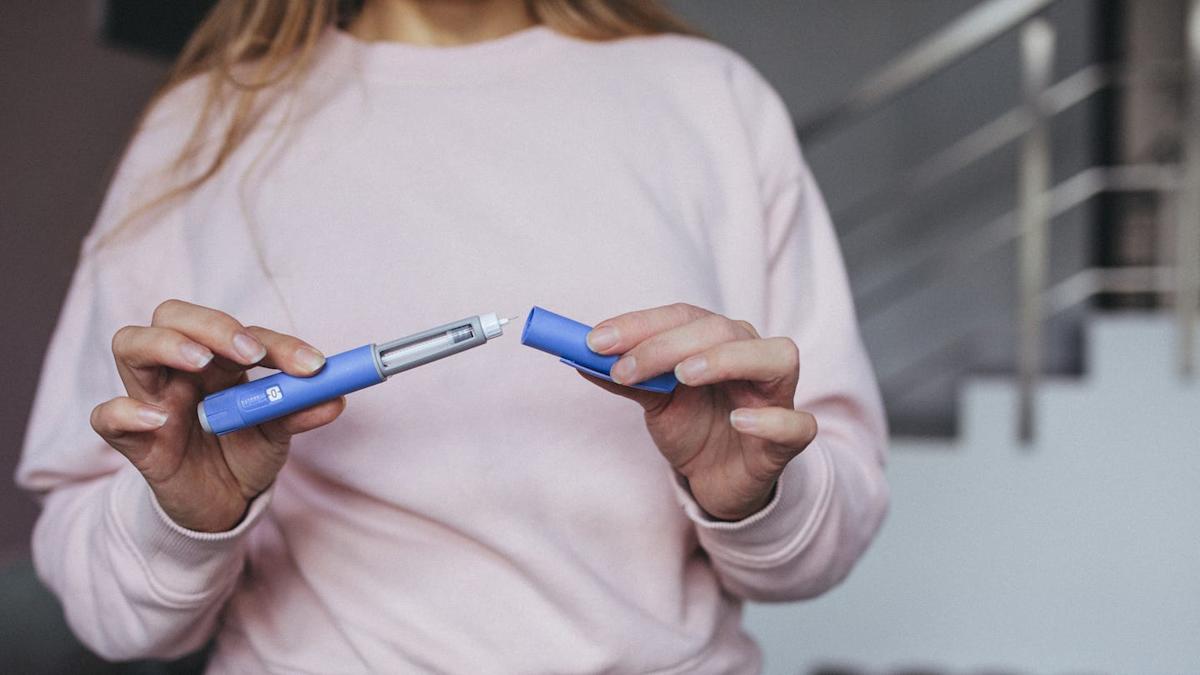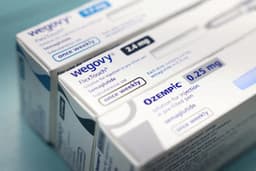Home / Health / Doctors Weigh In on GLP-1 Microdosing Trend
Doctors Weigh In on GLP-1 Microdosing Trend
23 Nov
Summary
- Microdosing GLP-1s lacks FDA-approved evidence for safety and efficacy.
- Cost reduction and fewer side effects are primary motivators for microdosing.
- Compounded GLP-1 medications are linked to hospitalizations, FDA warns.

An increasing number of individuals are exploring 'microdosing' GLP-1 medications, such as Ozempic, for weight management, driven by desires for reduced costs and fewer side effects. This practice deviates from FDA-approved dosing regimens, and medical experts emphasize the absence of clinical trial data to support its safety or effectiveness. Anecdotal reports of weight loss exist, but these do not equate to a recommended medical strategy.
Experts explain that 'microdosing' can involve obtaining non-standard doses from international sources or compounding pharmacies, a practice the FDA explicitly warns against due to links with hospitalizations. Alternatively, it may mean staying on the lowest FDA-approved dose without escalating as intended for weight loss or maintenance, contrary to established protocols for managing chronic conditions like obesity.
While research into alternative dosing schedules, like taking medication less frequently, is ongoing, doctors stress that starting GLP-1s with the intention of microdosing lacks robust evidence. They advise patients to consult healthcare providers about any concerns regarding GLP-1 drug regimens rather than relying on anecdotal trends.


